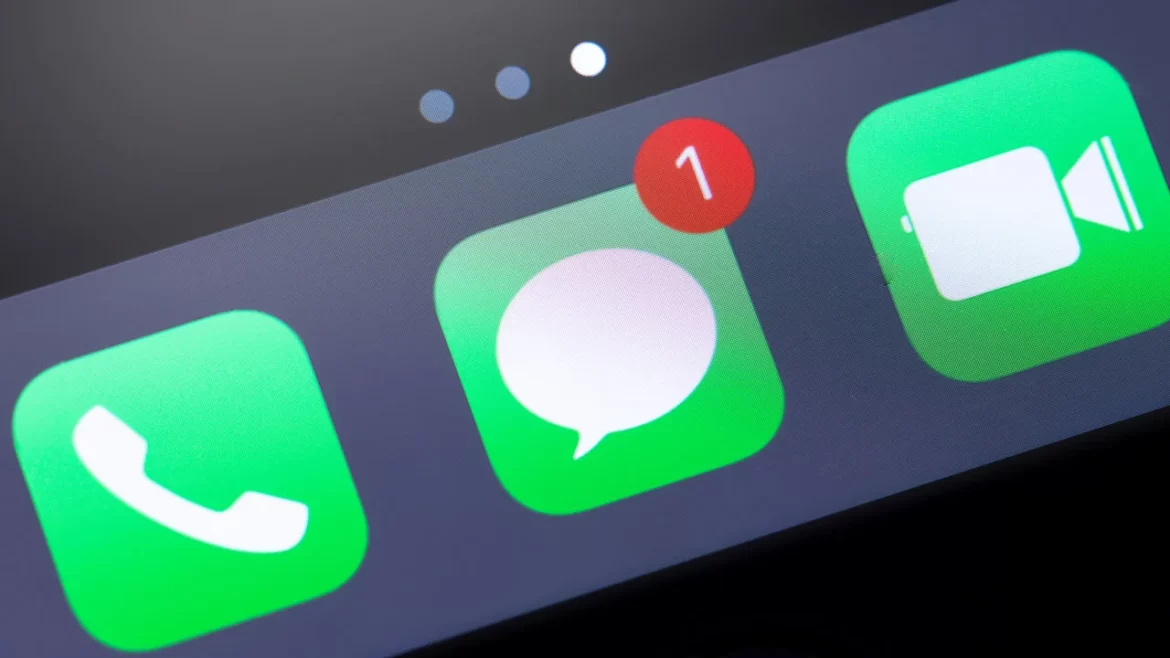In an era where online scams and impersonations have become increasingly sophisticated, determining genuine authorities from fraudulent actors is critical.
Impersonation of law enforcement agencies poses a significant threat, with scammers exploiting the reputation of institutions like the Dubai Police. This guide will equip you with the knowledge and tools necessary to identify and thwart scammers.
In a social media post on Friday, Dubai Police reminded and alerted residents about fake payment requests. “If you are being asked to make payments via links and share your personal information, stop.” In the past, several UAE residents have reported receiving text messages asking them to pay traffic fines immediately, followed by a link for payment.
So the law enforcement agency shared tips on how to identify these fake messages from ‘Dubai Police’ and not fall prey to scammers.
- Verify the sender’s email by clicking on the address. Dubai Police always communicates with residents using the domain @dupaipolice.gov.ae
- If the sender’s email does not contain the domain @dupaipolice.gov.ae, ignore and report it immediately
- Do not click on any links from any suspicious email impersonating Dubai Police
How to spot a scam
In order to best protect themselves, residents can keep an eye out for a few tell-tale signs that a message may be of fraudulent nature. These include:
- Poor grammar
- Misspelt words
- An unknown number or ID that does not display the name of the authority
- A link for payment
- A message asking you to pay immediately.
How to actually pay traffic fines?
In the event of a traffic violation, various channels are available for motorists to safely make their payments. This can be done via Dubai Police’s official website (https://www.dubaipolice.gov.ae), or the Dubai Police mobile app on Android and iOS devices.
Drivers will need to fill out the required details and may then proceed to pay the amount. Additional options for payment include apps like RTA and Dubai Drive.
Dubai Police advised people receiving suspicious SMS or emails to report it to the e-crime division, social media channels, or call 901.
Authorities in the country have repeatedly reminded residents to remain vigilant and exercise caution when asked to provide personal information or make a payment.


